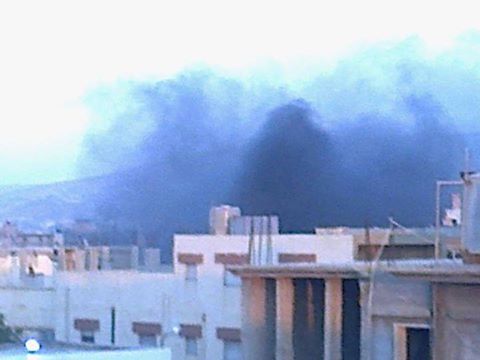By Libya Herald staff.
Tunis, 3 July 2015:
The Libyan Ambassador in Kampala, Fawzi Boukatef, has denied media reports that the Libyan Minister . . .[restrict]of Foreign Affairs, Mohamed Al-Dairi, during his visit to Uganda this week, ensured that he was accepted as ambassador by the country’s president, Yoweri Museveni. The reports claimed that he had been shunned by the Ugandans for the past three years.
Boukatef, who created and used to lead the 17 February Brigade in Benghazi, told the Libya Herald that there had never been any problems over his accreditation to Uganda. He had been nominated as ambassador by the internationally-accepted government of former prime minister Ali Zeidan, and accepted as such by the Ugandans.
He insisted that he was not opposed to the government in Beida or Dairi. “We both work for Libya,” he said. Indeed, he had contacted the government over the problems relating to Uganda telecoms company Utl, which is 69-percent owned by Libya’s LAP Green Network, and had coordinated Dairi’s visit with the Ugandan authorities.
The visit resulted in Museveni agreeing to give LAP Green two months to sort out the financial problems at Utl after Libya pledged to invest $50 million into it. Otherwise it would be taken over the Ugandans.
In a statement published by the embassy today, Boukatef called on the offices in both Tripoli and Beida of the Libyan Investment Authority (LIA) to work together to resolve the Utl issue. Libya’s shares in the company are owned the Libya Africa Investment Portfolio, a wholly-owned subsidiary of LIA.
Like other state institutions, the LIA has rival structures, one in Beida led by Hassan Bouhadi, who was appointed by Prime Minister Abdullah Al-Thinni, and the other in Tripoli headed by Abdul Magid Breish. In proceedings against Goldman Sachs and Société Générale, they have recently shown that they can work together to protect Libya’s investments. [/restrict]







